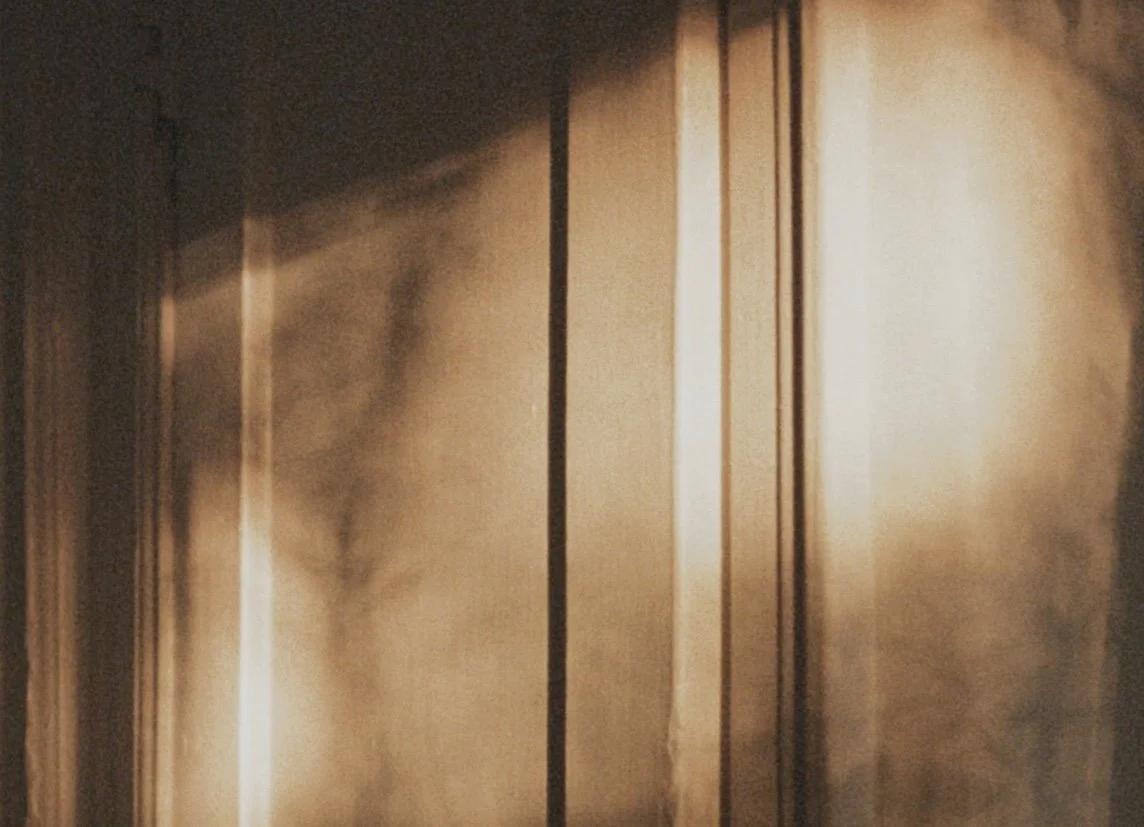A friend recently asked me to explain why I’m an anti-monotheist. I have several answers (now that I’ve had some time to think about it). Most of them have to do with critical thinking, democracy, or both.
I have nothing against monotheists; I just bridle at monotheism, as the general and widely popular idea that there is a single god, which I believe has had some catastrophic consequences for mankind. Of course, that idea virtually defines mankind, or much of it, over the past two or three thousand years; but you get my drift. Things have not gone smoothly during the hegemony of the Abrahamic religions.
I’m all for the spiritual. If anyone asks, I say my religion is baseball, I worship one team, and I pray for late-inning homeruns. But it goes way beyond baseball. For me, the spiritual is anything that connects us with whatever lies beyond ourselves. That could include other sports besides baseball, except for wrestling, boxing, or curling; and also friendship, community, love, and art. I personally relish the exploration of all these pathways to an expanded sense of being.
Another friend has told me that he is an “anti-theist,” which is stronger than an atheist. I have no problem with that either. A third describes himself as an “evangelical atheist,” which also has an appealing ring. But I can’t ignore that organized religion is a widespread phenomenon, and that spirituality of one sort or another is in our nature. Religion also helps people to cope, and coping is good.
Case in point: There’s a section of Tolstoy’s War and Peace in which Natasha, one of the flightier heroines, makes a grave mistake in her life. She breaks her engagement to Prince Andrey and tries to run off with Anatole, who’s a jerk. The elopement is foiled and she’s driven to despair and remorse. But the Russian Orthodox Church comes to her rescue in a way that even a non-believer can find beautiful and joyful. We root for Natasha as she survives the self-inflicted trauma and re-emerges in a second flowering. Who cares how it happened? If she finds salvation in faith and prayer there are no victims. Tolstoy, who is no believer, gives the church its due.
I’m personally uninterested in the spiritual fast-food of organized religion, but if it works for Natasha it can’t be all bad. I prefer to cherry-pick my gods: Kant and Wittgenstein, Mozart and Mahler, Herman Melville, Jackie Robinson, the Beatles, Springsteen, most women… the list is long, but it forms a whole that makes me who I am. Or who I think I am, which amounts to the same thing.
We all have spiritual impulses because the human psyche demand connection. And that’s for two reasons: because everything we know or love or need, we get from somewhere or something or someone else; and because the universe’s mysteries compel us to wonder, to feel awe in the face of what some would call a higher power. I prefer to leave the big mysteries alone. They are beautiful because they are mysteries and I don’t want to disturb them.
But coming back to monotheism. Here’s the problem: it makes a single (I won’t say imaginary) all-knowing and all-powerful being responsible for everything, and gives it all the credit and blame for creation and everything that followed. Hence it enjoys complete scientific and moral authority. And that is a road to serfdom: a recipe for oppression and ignorance.
I prefer to tend to my own spiritual garden and to trust science in its place, reason in its place, and commonsense morality. And I heartily agree with Alphonso X, the King of Castile and Leon, who observed in the 13th Century: “Had I been present at the creation, I would have given some useful hints for the better ordering of the universe.”

